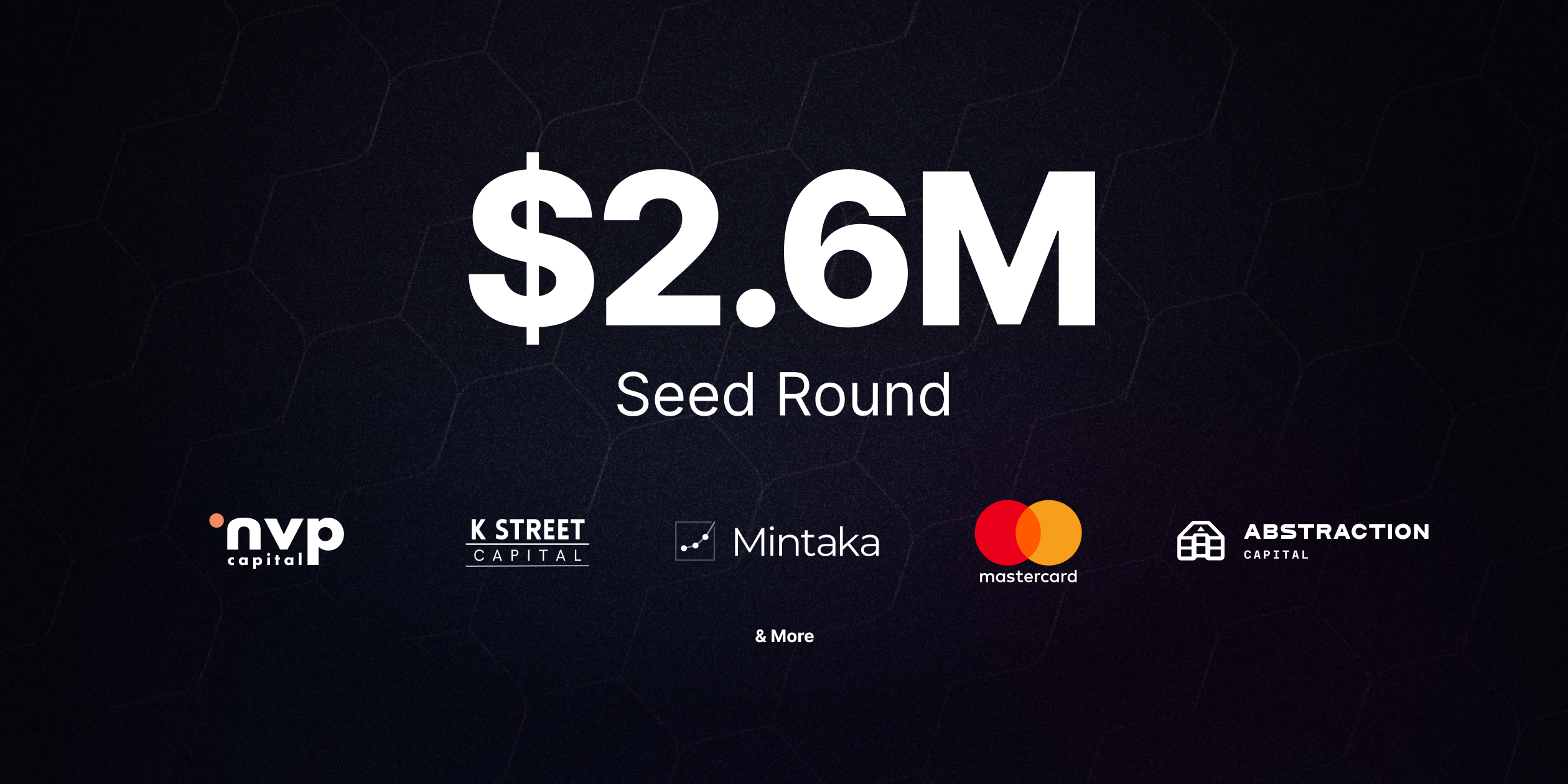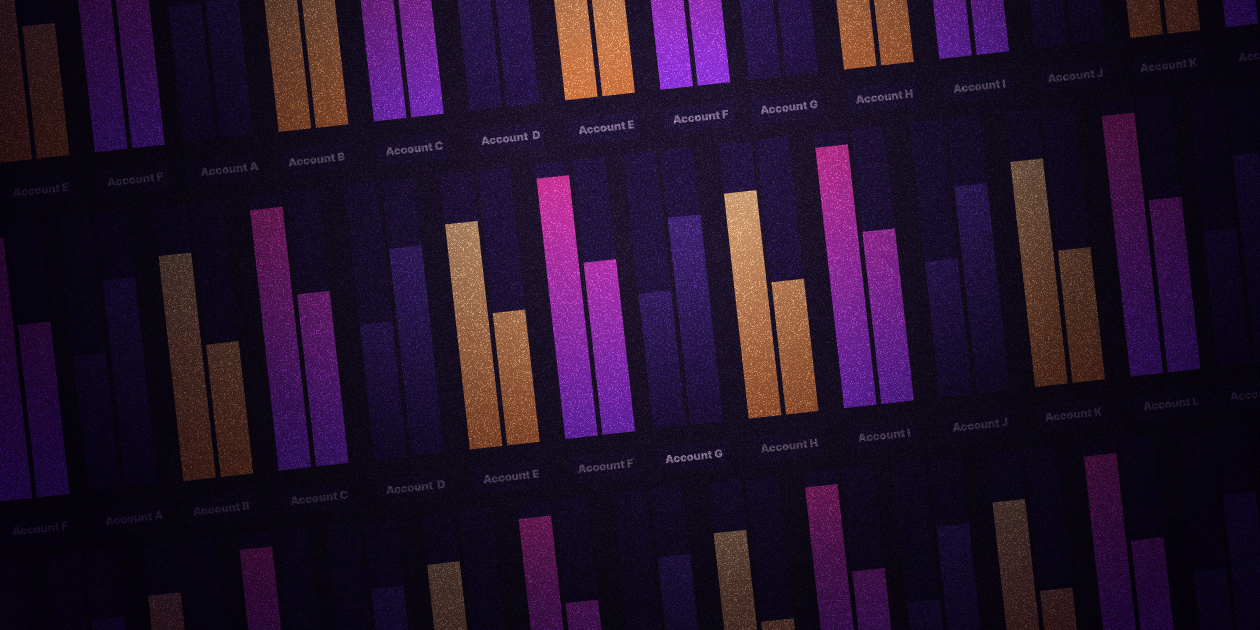
The Impact of Reg 1033 on Financial Institutions
The Impact of Reg 1033 on Financial Institutions and Third Parties is a critical topic for fintech product managers, developers, and startup founders.
Let's explore the main features and implications that financial institutions and third parties will need to develop in response to Regulation 1033 of the Dodd-Frank Act.
- Expanded Data Scope: Under Reg 1033, financial institutions are expected to provide a broader range of data. This includes not just periodic statement information but also details about pending transactions, prior transactions not typically shown in statements, future-dated fund transfers, account identity information, and other data like fees, rewards, and security breach information.
- APIs for Secure Data Transfer: Moving away from screen scraping, financial institutions will need to develop APIs (Application Programming Interfaces) for more secure and reliable data transfer. These APIs will serve as "access portals" for third-party companies to retrieve consumer data with proper authorization.
- Data Security and Privacy Compliance: Third parties must ensure their data security measures comply with Section 501 of the Gramm-Leach-Bliley Act (GLBA). Financial institutions may deny access to their interface if a third party cannot demonstrate adequate data security.
- Consumer Control Over Data: There will be a requirement for clear processes allowing consumers to easily authorize, access, and revoke third-party access to their data. Third parties will need to provide consumers with simple methods to control their data, including easy revocation of authorization and deletion of data no longer needed.
- Data Accuracy and Dispute Resolution: Third parties are required to ensure the accuracy of the data they collect and use, including procedures to address disputes submitted by consumers.
Implications for Financial Institutions and Third Parties
- Technological Upgrades: Significant investment in technology to develop secure APIs and data management systems that comply with the new standards.
- Compliance Burden: Smaller institutions might feel the compliance burden more acutely, requiring strategies to efficiently meet these new requirements without disproportionate costs.
- Data Aggregators’ Business Model Shift: Companies relying on screen scraping will need to overhaul their technology and possibly their business models to adapt to API-based data transfer.
- Legal and Regulatory Navigation: Navigating the interplay of Reg 1033 with other regulations like GLBA and FCRA, especially concerning data privacy and security.
Conclusion
Regulation 1033 is set to bring substantial changes to how financial data is managed and shared, placing a significant focus on consumer rights and data security. As financial institutions and third parties adapt to these changes, they will need to be mindful not only of the technological and compliance aspects but also of the evolving landscape of consumer expectations and data privacy standards.
For fintech product managers, developers, and startup founders, understanding and preparing for these changes is crucial. What strategies and technologies will be most effective in adapting to the new landscape shaped by Regulation 1033?
References
ICBA urges community bank exemptions in 1033 rule
CFPB Moves Forward With 1033 Consumer Financial Data Access Rulemaking
“Open Banking” 1033 Personal Financial Data Rights: CFPB Proposal




